If you’ve been using Google Analytics for a while now, you might have heard the platform is transforming. In 2023, Universal Analytics will no longer process data, and users will need to switch to a Google Analytics 4 property. Fortunately, we’ve put together a guide to help you make this transition.
In this post, we’ll take a closer look at Google Analytics 4 and its new features. We’ll then answer some common questions about GA4. Let’s get started!
What is Google Analytics 4?
As you may already know, Google Analytics is an analytics tool that can track and measure traffic and performance on your site. A script is added to your website, which tracks visitor activity in the Google Analytics dashboard. If you are using WordPress to power your site, you can easily integrate Google Analytics using one of many WordPress analytics plugins.
On July 1, 2023, Google Analytics 3 (also known as Universal Analytics) will stop processing data. You’ll need to switch to Google Analytics 4 to continue tracking your site’s performance.
In fact, you can probably see a banner on your Google Analytics dashboard advising you to change to a GA4 property:
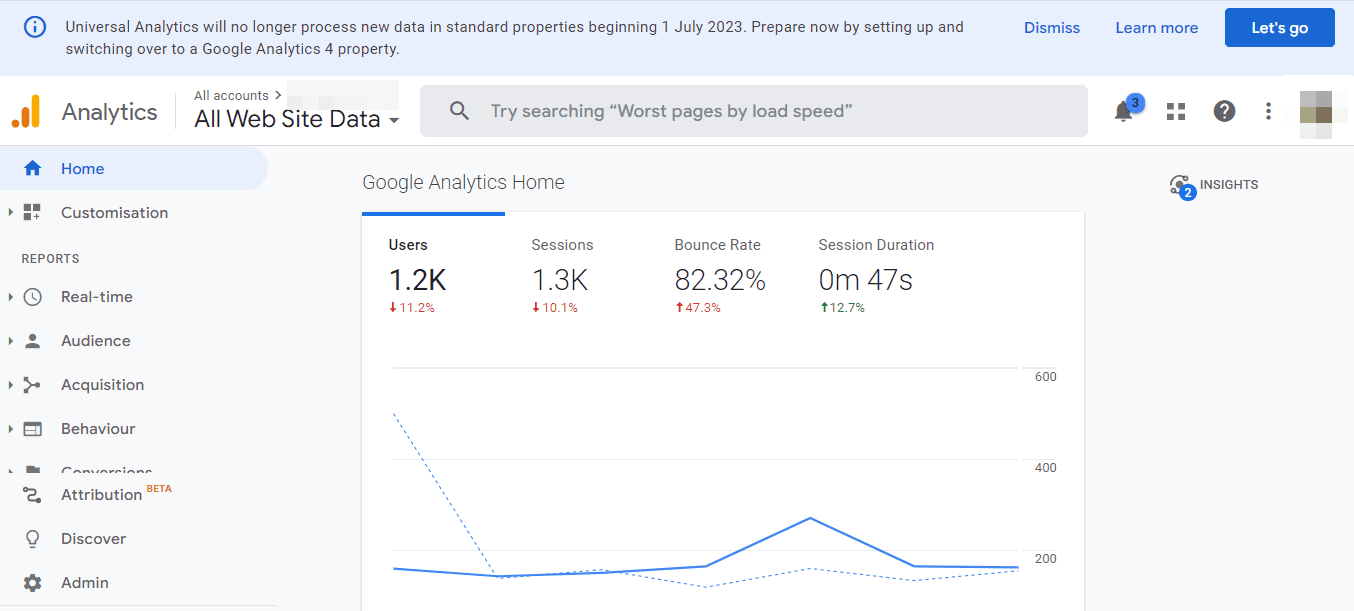
Google Analytics 4 is designed to help businesses measure multiple data types while meeting the increasing demand for user privacy. It enables website owners to see user journeys across their sites and apps.
Additionally, GA4 helps you predict new insights with machine learning technology. We’ll take a closer look at some of these features in the next section.
5 New Features in Google Analytics 4
Google Analytics 4 can help you track your goals more efficiently. These may include increasing the number of sales, app installations, or generating leads.
Let’s look at the top features of GA4!
1. A New Data Model
Google Analytics 4 presents a new way of collecting data. Universal Analytics has a session-based data model and gathers data as hits within these sessions. This information includes page hits and event hits.
However, GA4 utilizes a user-based model and collects data in the form of events. Each event has a unique name that identifies it. It also has additional parameters to describe the event. These events may include page views, transactions, social interactions, and more. You should be able to get incredibly detailed metrics without infringing on privacy.
2. AI-Powered Insights and Predictions
Google Analytics 4 can help business owners plan their marketing campaigns more effectively. This comes with new AI-powered insights that can highlight trends such as growing interest in a particular product.
This machine learning technology can also predict outcomes, including churn rates and potential conversions and sales. Marketers can use these insights to promote the right products and target relevant audiences.
3. A Complete View of the Customer Lifecycle
Another powerful feature of Google Analytics 4 is customer lifecycle-framed reporting. Reports are now organized around the customer journey:
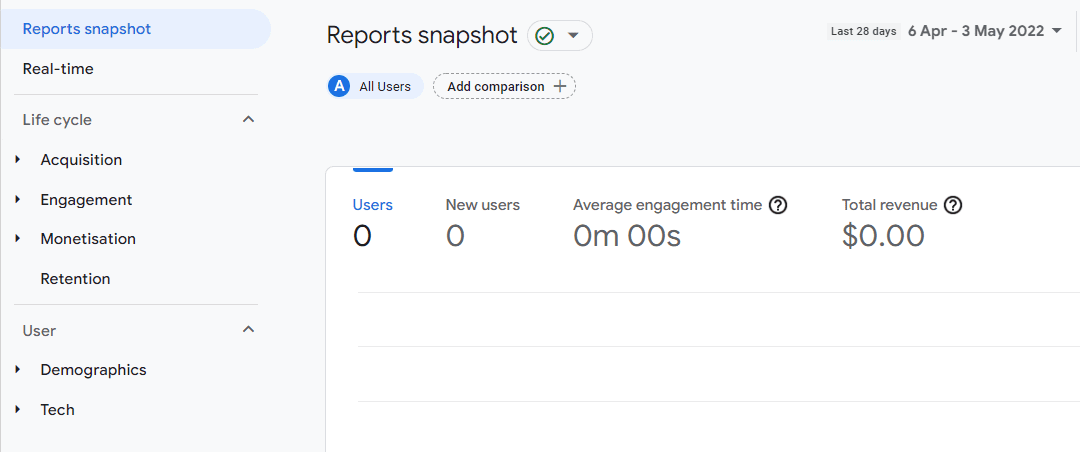
For example, you can see which channels are driving customers to your website (Acquisition), the actions they take (Engagement), and if they remain on the page after converting (Retention). This way, you’ll get a more comprehensive view of how users engage with your website across different devices and channels.
4. More Control Over User Data
As you may already know, Google is phasing out third-party cookies. As the digital world moves toward a cookieless future, analytics tools now emphasize first-party data.
Google Analytics 4 comes with granular data controls. These are designed to help advertisers comply with the General Data Protection Regulation (GDPR) and other data regulations, such as the California Consumer Privacy Act (CCPA).
For instance, a new consent mode helps website owners obtain consent for both analytics and ads. Additionally, GA4 makes it easier to handle user data removal requests.
5. Spam Prevention
If you’ve been using Google Analytics for a while, you might be familiar with spam referrals. Perhaps you’ve been hit by a sudden spike of traffic on a couple of occasions or received a large number of visits from a dubious source.
This spammy traffic could disrupt your marketing campaign, making it challenging to collect accurate data. Fortunately, Google Analytics 4 has found a way to address this problem.
Before, spammers could send fake data to Google Analytics accounts using the Measurement Protocol. Now, only hits with a secret key can send data to a GA4 property. You can access this key from your GA4 data stream settings, and it’s not available publicly.
Do You Have to Upgrade to GA4?
Essentially, yes. Universal Analytics will stop processing data on July 1, 2023. Therefore, to continue tracking your performance, you’ll need to upgrade to GA4. You don’t technically have to, but you will have no data from July 1, 2023 onward.
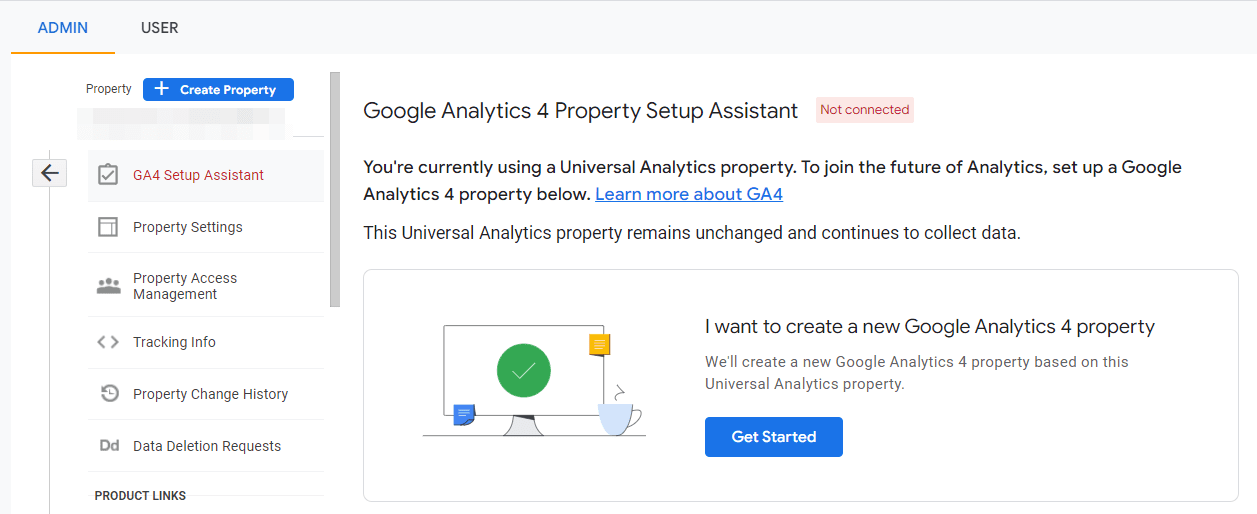
We recommend doing this as soon as you can. This way, you’ll have plenty of time to get used to the interface and familiarize yourself with its powerful features.
Additionally, GA4 prioritizes user privacy and comes with granular data collection and usage controls. Also, it doesn’t store IP addresses. Therefore, upgrading to GA4 can help you comply with international data protection regulations.
You can add Google Analytics 4 to your existing account if you already use Universal Analytics. GA4 will collect data alongside your current account until the latter becomes obsolete in 2023.
How are GA3 and GA4 Different?
As we have seen, Google Analytics 4 comes with a wealth of new and improved features, including AI-powered reporting. However, event tracking is the key difference between GA3 (Universal Analytics) and GA4.
For example, in GA3, events refer to clicks. In GA4, an event can be a page view, social interaction, or other types of user behavior. Additionally, you can create multiple parameters for each event to obtain more information, such as where it was logged.
GA3 and GA4 also differ when it comes to recording sessions. In GA3, a session is a group of hits performed by a user within a period. Meanwhile, GA4 tracks sessions as a group of events performed by a user. These events may include making a purchase, clicking on a button, etc.
Conclusion
Google Analytics 4 (GA4) will replace Universal Analytics (UA) in July 2023. This new version comes with more powerful features for marketers and business owners while prioritizing user privacy.
As we have seen, GA4 introduces AI-powered insights and predictions to help improve your marketing campaigns. Additionally, it provides granular control over data collection and usage, and it prevents fake traffic, too.
Do you have any questions about Google Analytics 4? Let us know in the comments section below!

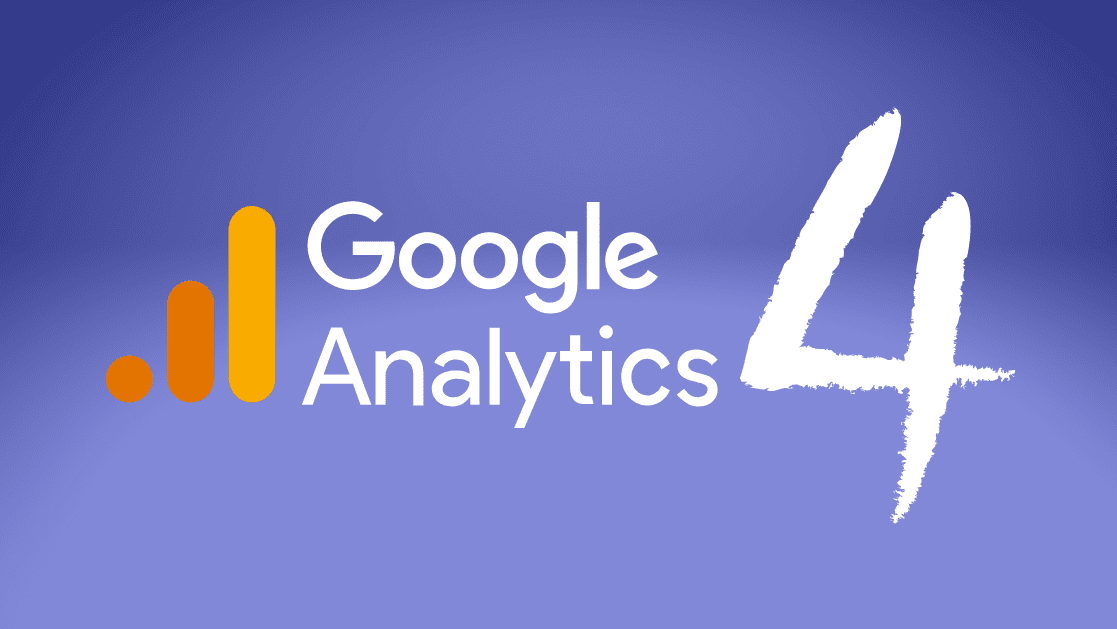






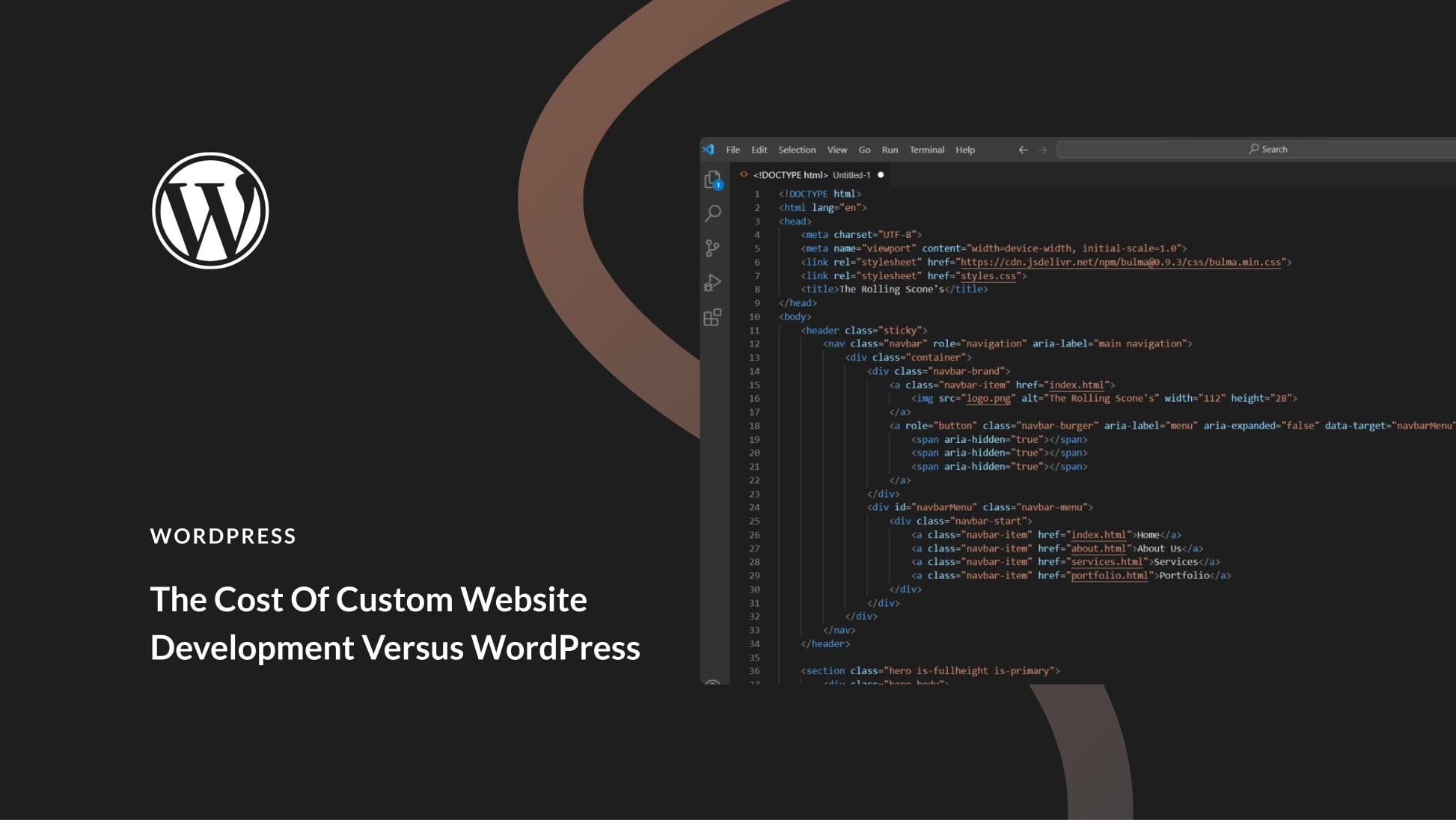
I work with an SEO partner, they constantly complain about having to manually update the GA code in the header every time Divi updates. Has Divi recognized/solved this issue through GA4?
So great! It was very confusing to understand GA 4, but this article simplified complicated concepts so easily!
Glad to hear that, Jyoti!
Google analytics is still a powerful tool for monitoring websites. Thanks for awaring us about the latest update. These new features are really useful for me.
You’re welcome, Usama!
GA4 is very difficult…
GA4 is very difficult…
Useful information was shared. I am very happy to read this article. Thanks for giving us nice info. Fantastic walk-through. I appreciate this post.
You’re welcome, Kayce.
Since Google has already announced that Google Analytics 4 (GA4) will replace Universal Analytics (UA) in July 2023. It would good choice to migrate all UA property to the new GA4 for better tracking and reporting of client data.
Thanks for sharing . I have difficult time set up google analytics for my client website. it really help me .
Can you help me with one more thing. I have successfully set up google anytics but some of my urls give 404 urls through google analytics . what should I do to removed it. please help me with this
Hi Krishtina,
You’re welcome, I’m glad you found it helpful.
Are you getting the 404 error when you click on the URLs through your GA account?
Hi Krshtina,
Monitor your website coverage in Google Search Console where those 404 URLs coming from. 404 URLs should be redirected to new pages or relevant pages or your website.